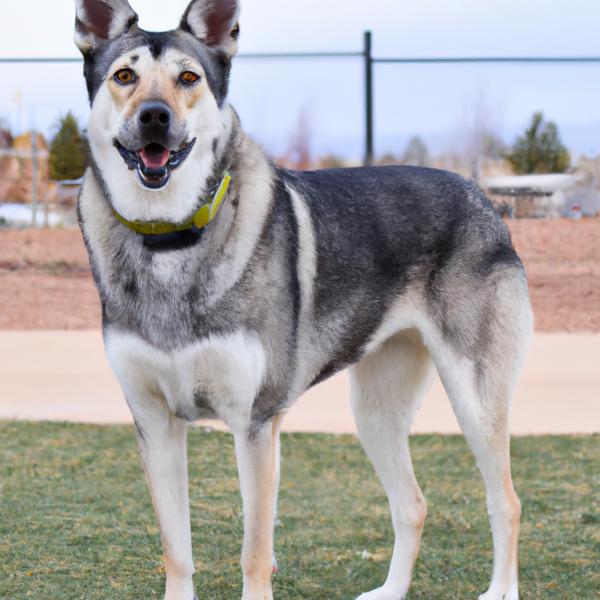Chinook vs. Coton Tzu: Breed Differences and Similarities
Hypoallergenic
Are Chinooks or Coton Tzus hypoallergenic, or neither?
Unfortunately, the Chinook is not hypoallergenic, making it not a good choice for a dog lover who suffers from pet allergies.
While no dogs are truly 100% hypoallergenic, Coton Tzus are about as close as it gets, making them an ideal pet if you are an allergy sufferer.
Temperament
What are the personalities of Chinook and Coton Tzu dogs?
Alert
Dignified
Responsive
Calm
Friendly
Active
Playful
Happy
Courageous
Intelligent
Friendly
Outgoing
Affectionate
Lively
Gentle
Trainable
Vocal
Shedding Level
Do Chinooks shed more than Coton Tzus, or which breed sheds more, Chinooks or Coton Tzus?
Chinooks are moderate shedders, but regular brushing can reduce shedding and maintain coat health.
Coton Tzus are low shedding dogs, requiring minimal coat care.
Watchdog Ability
Which dog breed makes a better watchdog, the Chinook or Coton Tzu?
Chinooks make excellent watchdogs - they're vocal and protective of their territory.
Coton Tzus are decent watchdogs - they'll alert their owner if something seems amiss.
Origin
What is the origin of Chinook and Coton Tzu dog breeds?
United States
United States
Ancestry
What are the origins of Chinook and Coton Tzu breeds?
Husky, North Pole Sled Team Dog
Coton De Tulear, Shih Tzu
Breed recognition
Which kennel clubs recognize/register Chinook and Coton Tzu?
American Canine Registry
American Kennel Club
America's Pet Registry
Canadian Kennel Club
Dog Registry of America Inc.
North American Purebred Registry, Inc.
American Canine Association, Inc.
United Kennel Club
American Rare Breed Association
ACHC = American Canine Hybrid Club
DDKC = Designer Dogs Kennel Club
DRA = Dog Registry of America, Inc.
IDCR = International Designer Canine Registry®
Date of Birth
When were Chinook and Coton Tzu breeds first developed?
1900s
Unknown
Eye Color Possibilites
What are the eye colors of Chinook and Coton Tzu dogs?
Brown
Amber
Brown
Nose Color Possibilites
What are the natural nose colors of Chinook and Coton Tzu?
Black
Black
Coat Color Possibilites
What are the natural colors of the coat for Chinook and Coton Tzu breeds?
Fawn
White
Black
Gray
White
Black
Cream
Brindle
Brown
Coat Length
What is the typical coat length for Chinook and Coton Tzu breeds?
Chinooks have medium-length coats.
Coton Tzus have longer coats compared to most dogs.
Coat Density
What is the density of the coat of Chinook and Coton Tzu?
Coat Texture
What is the hair texture of Chinook and Coton Tzu?
Wiry
Straight
Litter Size
What is the usual litter size for Chinook and Coton Tzu?
A Chinook can have a litter of 12-15 puppies on average. However, it's worth noting that the size of the litters can vary greatly. Factors that can influence litter size include the health of the mother, breeding history, and genetics.
A Coton Tzu can have a litter of 4-6 puppies on average. However, it's worth noting that the size of the litters can vary greatly. Factors that can influence litter size include the health of the mother, breeding history, and genetics.
Adaptability
Chinook and Coton Tzus are known for their adaptability and versatility. They are capable of adapting well to a wide range of lifestyle changes and living environments, making them great companions for families and individuals of all lifestyles.
Health Issues
Between Chinook and Coton Tzu, which breed is more prone to health problems?
Chinook and Coton Tzu breeds are generally considered to be healthy. However, like all breeds, they are susceptible to certain health issues and it is important to keep an eye out for them and address them with your veterinarian as needed.
Major Concerns
What are the major health concerns for Chinook and Coton Tzu breeds?
Usually A Very Healthy Breed
Patellar Luxation
Progressive Retinal Atrophy
Hip Dysplasia
Minor Concerns
What minor health issues should be kept in mind when owning Chinook and Coton Tzu?
Excessive Shyness
Eye Abnormalities
Hip Dysplasia
Hormonal Skin Problems
Mono/Bilateral Cryptorchidism
Seizures And Spondylosis
Bladder Stones
Heart Disease
Legg-Calve-Perthes Disease
Liver Shunts
Occasional Tests
What occasional tests are recommended for Chinook and Coton Tzu breeds?
Hip
Blood Test
Eyes
Skin Scraping
Eye Examination
Physical Examination
X-Rays
MRI
CT Scan
Physical Examination
Blood Work
Ophthalmic Examination
Energy
How do the energy levels of Chinooks and Coton Tzus compare?
For those who lead a balanced lifestyle, Chinook and Coton Tzu breeds may be a good choice as they have an average energy level.
Social Needs
Chinook vs Coton Tzu social needs comparison
Chinook has above average social needs and thrives with interaction with humans and other dogs.
Coton Tzu has very high social needs and requires regular mental and physical stimulation, a job or purpose, and companionship.
Exercise Needed
Chinook vs Coton Tzu exercise need comparison.
Chinooks need high physical activity and are ideal for active individuals, but not suitable for sedentary lifestyles or small apartments.
Coton Tzus need moderate physical activity and are great for families and active individuals.
Sleeping Need
Which of the two sleeps the most/least: Chinook or Coton Tzu?
Chinooks have moderate energy levels and typical sleep patterns of 12-14 hours per day.
Coton Tzus are known for their relaxed and calm nature and enjoy long periods of sleep.
Tendency to Bark
Do Chinooks or Coton Tzus bark more/less frequently?
Chinooks bark moderately when necessary and may also bark due to certain triggers like fear, alarm, boredom, greeting, separation anxiety and compulsive barking.
Coton Tzu dogs are generally less vocal than other breeds and only bark when necessary, such as to alert their owner or communicate.
Mouthiness
Mouthiness Comparison: Chinook vs Coton Tzu?
Roaming urge
Chinook vs Labrador: Running away tendency?
Prey Drive
Chinook or Coton Tzu - which breed has a higher level of prey drive?
Activity Level
Which breed has higher energy, Chinooks or Coton Tzus?
Both Chinook and Coton Tzu are medium-energy dogs that enjoy socializing and playing with other dogs. They may engage in casual or sustained games of chase, and occasionally have bursts of barking or racing around the house.
Tolerance of being left alone
Walks per Week
How many miles should Chinook or Coton Tzu walk each week?
There's really no limit to how far you walk your dog as long as they're comfortable. For Chinook, it's at least 10 miles / week. Just remember to build distance and stamina gradually over time.
There's really no limit to how far you walk your dog as long as they're comfortable. For Coton Tzu, it's at least 9 miles / week. Just remember to build distance and stamina gradually over time.
Activity per Day
Do Chinooks or Coton Tzus require more exercise?
In general most Chinooks usually need at least 60 minutes of exercise daily. This can be spread across the day and include all sorts of high-energy activities, like walking, running and playing.
In general most Coton Tzus usually need at least 35 minutes of exercise daily. This can be spread across the day and include all sorts of high-energy activities, like walking, running and playing.
Grooming
Which breed is easier to maintain in terms of grooming, Chinooks or Coton Tzus?
The Chinook requires an average amount of grooming compared to other breeds.
Coton Tzus have high grooming needs, requiring regular trims and professional grooming assistance to keep their coat healthy.
Brushing Frequency
What is the recommended brushing frequency for Chinook and Coton Tzu dogs?
Chinook should be brushed at least once a week. Of course you can give them more frequent brushes if you find that they are still shedding a lot
Ideally, Coton Tzu should be brushed at least 2 or 3 times a week (preferably daily) improve shedding.
Brushing Tools
What brushing tools are used for Chinooks and Coton Tzus?
Slicker Brush
Comb
Deshedder
Nail Clipper
Pin Brush
Slicker Brush
Dematter
Nail Clipper
Cups
How much food should be given to Chinook or Coton Tzu in cups?
For an average 55-90 pound (25 - 41 kg) Chinook feed 3 cups daily. But, keep in mind, the amount you feed is going to be dependent on the quality of the food you are feeding.
For an average 9-16 pound (4 - 7 kg) Coton Tzu feed 1 cups daily. But, keep in mind, the amount you feed is going to be dependent on the quality of the food you are feeding.
Daily Cost
Which breed has a higher daily cost, Chinook or Coton Tzu?
The average cost of a Chinook is somewhere $2.10 - $2.70 per day.
The average cost of a Coton Tzu is somewhere $1.00 - $1.40 per day.
Monthly Cost
Which breed has a higher monthly cost, Chinook or Coton Tzu?
The average per month expenses of a Chinook is between $55 - $73. This makes an average of $660 - $876 per year. It will be on the higher side when the dog is still small because it will need more frequent visits to the vet, shots.
The average per month expenses of a Coton Tzu is between $35 - $42. This makes an average of $420 - $504 per year. It will be on the higher side when the dog is still small because it will need more frequent visits to the vet, shots.
Intelligence
Comparing Intelligence: Chinooks vs Coton Tzus
Chinook has below average obedience intelligence, but they excel in understanding human emotions.
Coton Tzus are average in obedience intelligence but have a high IQ and may cause trouble if left unsupervised.
Sensitivity Level
How do Chinook and Coton Tzu compare in sensitivity?
This breed is sensitive to its environment and best suited for patient and understanding families with a consistent routine.
This breed is sensitive and requires gentle handling and a calm home environment.
Affection Dependance
Which is the more affectionate dog breed: Chinook vs Coton Tzu?
Apartment Friendly
Which breed is more apartment-friendly: Chinook or Coton Tzu?
Chinooks are good apartment dogs as long as they get enough exercise and stimulation outside of the apartment.
Coton Tzus make excellent apartment dogs, being fairly active indoors and not requiring a yard.
Child Friendly
Do Chinooks or Coton Tzus have a friendlier temperament towards children?
Chinooks make excellent family pets for kids due to their gentle, protective nature and calm temperament.
Coton Tzus have an average level of friendliness towards children.
Senior-friendly
Which dog is more suitable as a pet for the elderly - Chinook or Coton Tzu?
Cat Friendly
Do Chinook or Coton Tzu breeds have a better compatibility with cats?
Chinooks are average in their friendliness toward cats and tend to do well with them, especially if raised together.
Coton Tzus are very friendly with cats and make great companions for them.
Dog Friendly
Which breed is more sociable with other dogs: Chinook or Coton Tzu?
Chinooks are average in their friendliness towards other dogs, and socialization can help.
Coton Tzus are generally very friendly towards other dogs, with a happy and affectionate temperament.
Pet friendly
How do Chinook or Coton Tzu dogs interact with other pets?
Stranger Friendly
Which breed is more friendly with strangers: Chinook or Coton Tzu?
Chinooks are averagely friendly around strangers but benefit from early socialisation.
Coton Tzus are friendly but may bark at strangers, and training is easy due to their intelligence.
Playfulness
Which breed is more playful between Chinook and Coton Tzu?
Chinooks are a playful breed that needs daily playtime to be happy.
Coton Tzus have an average level of playfulness, enjoying playtime like most dogs but not excessively so.
Trainability
How do the trainability levels of Chinooks and Coton Tzus compare?
Chinook and Coton Tzu dogs are usually easy to train, but may require consistency to fully obey commands.
Compare Chinook with other breeds
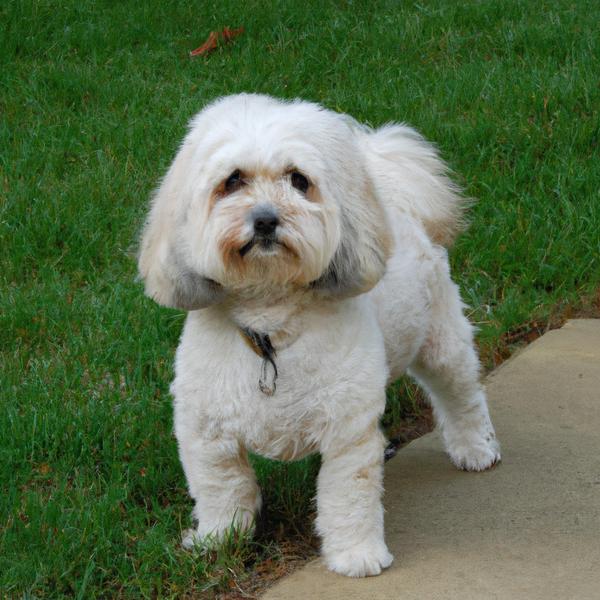
Havachon
Chinook vs Havachon
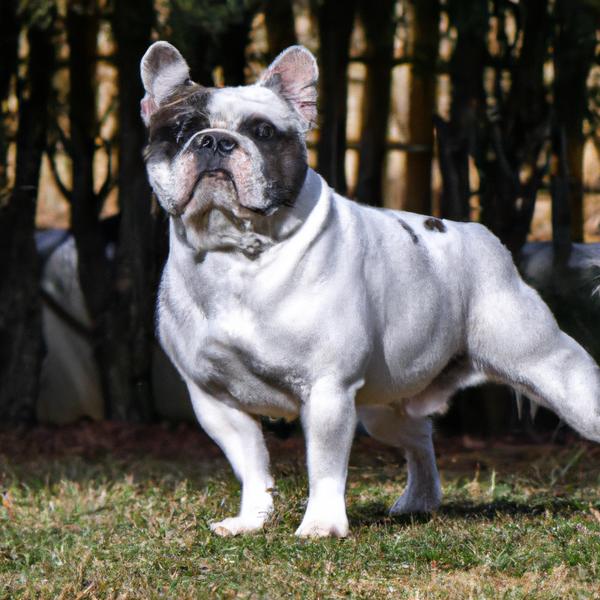
French Buillon
Chinook vs French Buillon
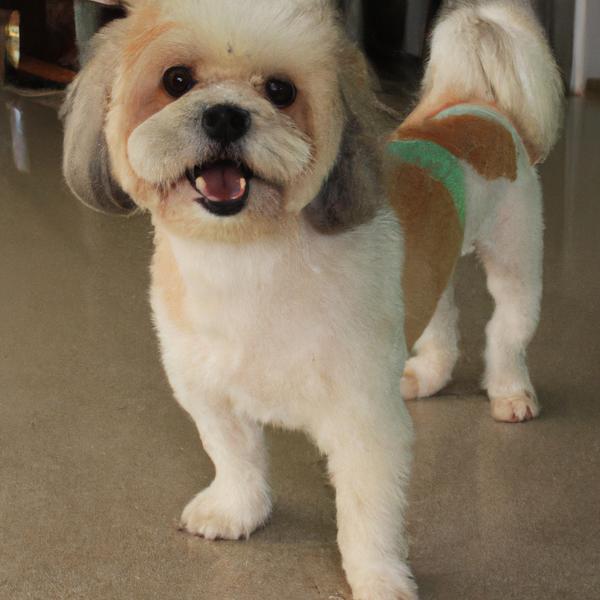
Pekepoo
Chinook vs Pekepoo
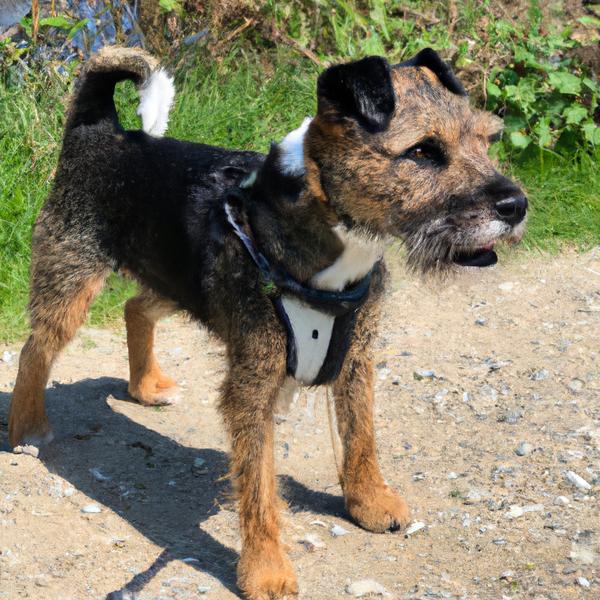
BT Walker
Chinook vs BT Walker
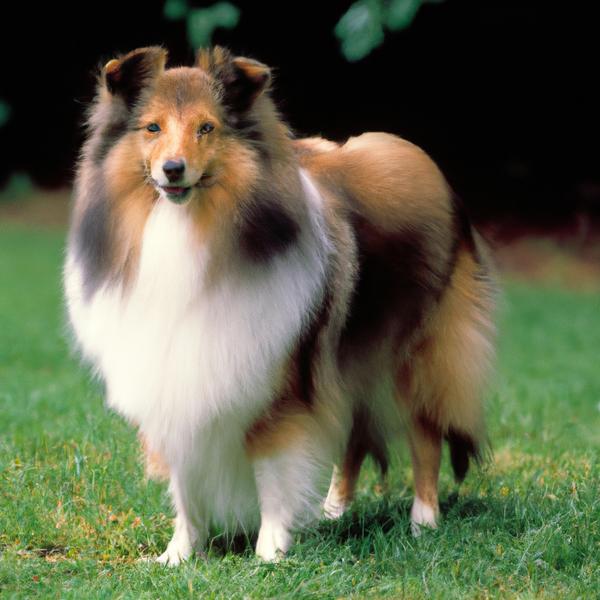
Sheltie-Kee
Chinook vs Sheltie-Kee
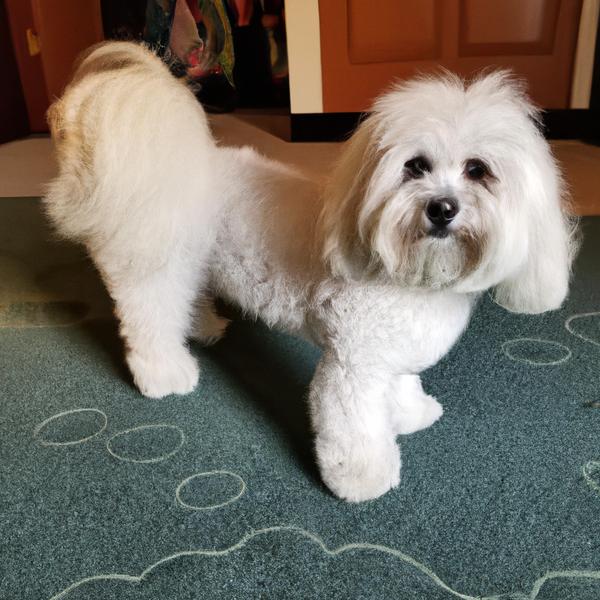
Silky Coton
Chinook vs Silky Coton
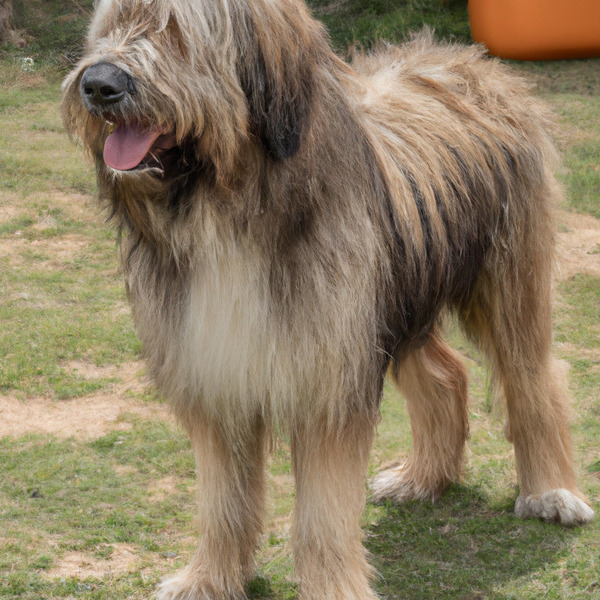
Catalan Sheepdog
Chinook vs Catalan Sheepdog
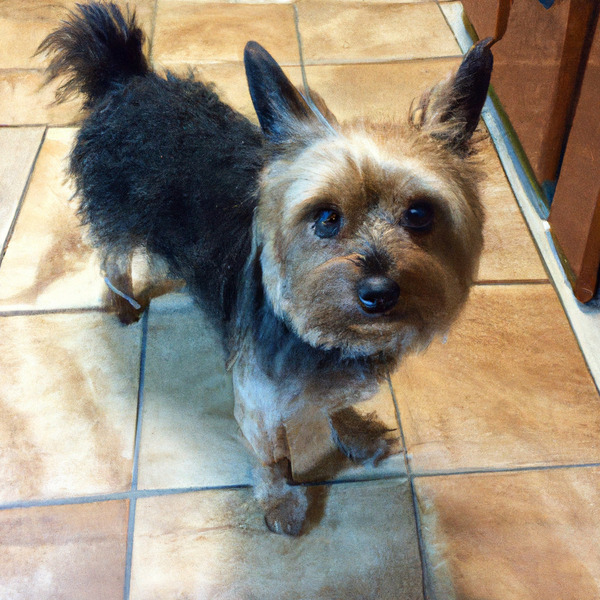
Chorkie
Chinook vs Chorkie
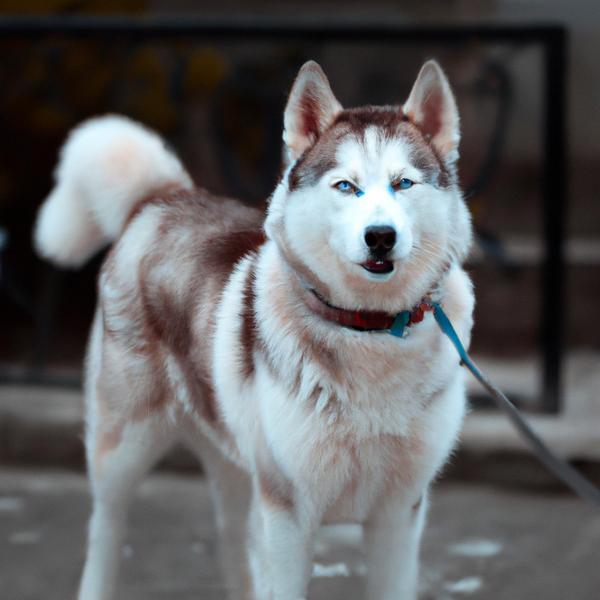
Sharberian Husky
Chinook vs Sharberian Husky
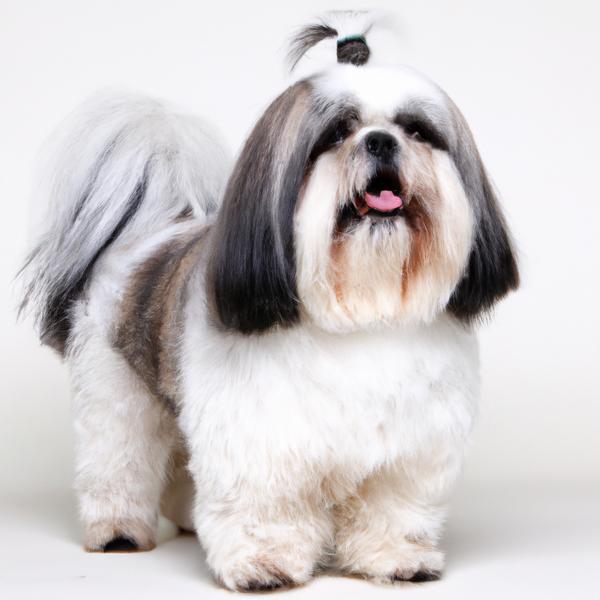
Coton Tzu
Chinook vs Coton Tzu
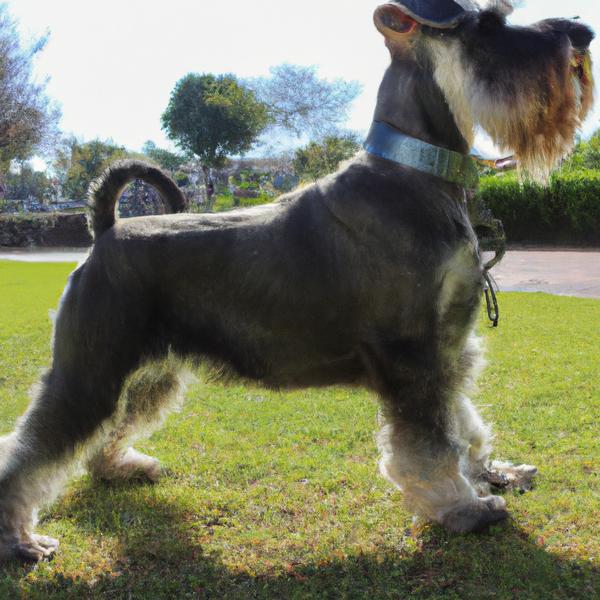
Mini Wire Hair Snauzer
Chinook vs Mini Wire Hair Snauzer
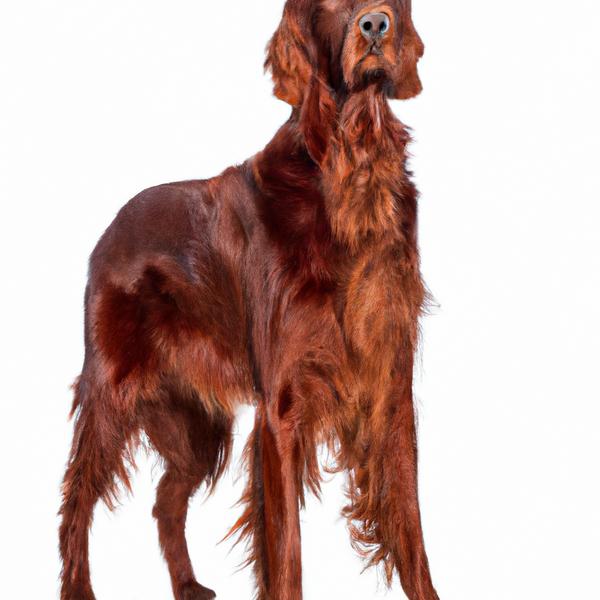
Irish Setter
Chinook vs Irish Setter
